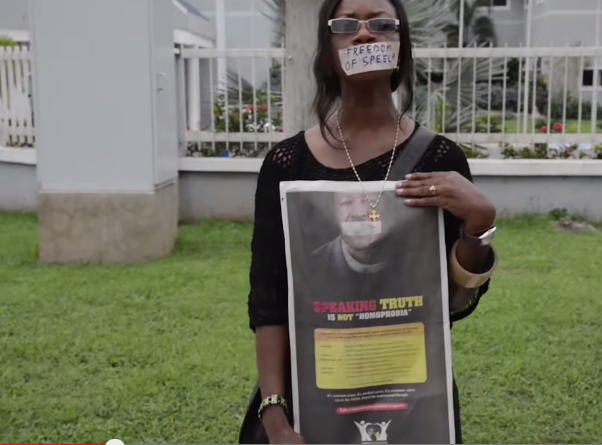A few weeks ago, we covered the story of
Columbia student,
Emma Sulkowicz, who alleged she was raped by another student.
Rather than pursue the matter all the way through the legal system (she dropped her case), Sulkowicz took her case to the University tribunal. Her alleged rapist was not found guilty by the campus tribunal, so Sulkowicz decided to protest her trauma through performance art (and college credit) and carry a mattress around campus as long as her alleged rapist remained on campus.
Carrying the mantel of Sulkowicz's cause, what was
supposed to be a national day of action and a million mattress march, was not widely protested. The only two protests we could find are at Texas Tech and Cornell.
At
Texas Tech:
Some Texas Tech University students have demonstrated against what they say is a "rape culture" on campus by laying bed sheets spray-painted with "No means No" at three locations.
The women's actions Wednesday came a day after university officials sent an email to students and faculty that called activities at a recent off-campus fraternity party "reprehensible."
A picture of a banner at the Sept. 20 Phi Delta Theta fraternity gathering, briefly posted online, read, "No means yes," followed by a graphic sexual remark.
University spokesman Chris Cook said the school learned of the banner the day after the party and began investigating immediately. Last week the university established a task force to review Greek organizations.
The bed sheets displayed Wednesday were removed by police after about 30 minutes.
Cornell took the call to action more seriously and approximately one hundred students showed up to protest.
According to Casey Breznick at
The Cornell Review (he also writes for Legal Insurrection and College Insurrection), a National Day of Protest Against Rape Culture took an odd turn yesterday. The protest was co-sponsored by
Students for Justice in Palestine, Black Students United, Crunch: The Kinky Club at Cornell, Cornell Organization for Labor Action, the Cornell Progressive, DASH: Direction Action to Stop Heterosexism,Women of Color Coalition, and Grrls Fight Back.
The protest was meant to be the decisive blow to "rape culture" on Cornell's campus. To that end, students read poems aloud. Breznick
reports:


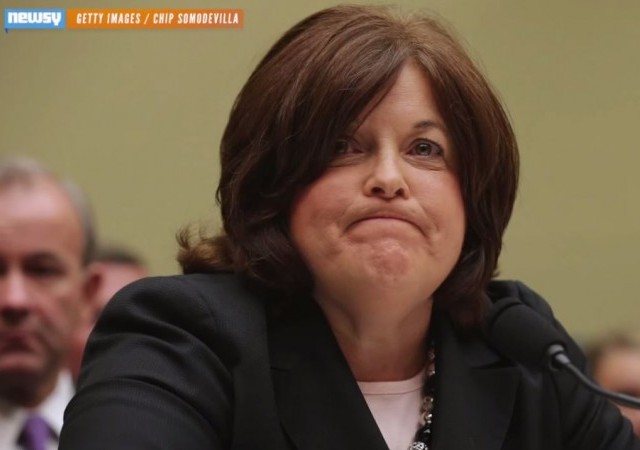

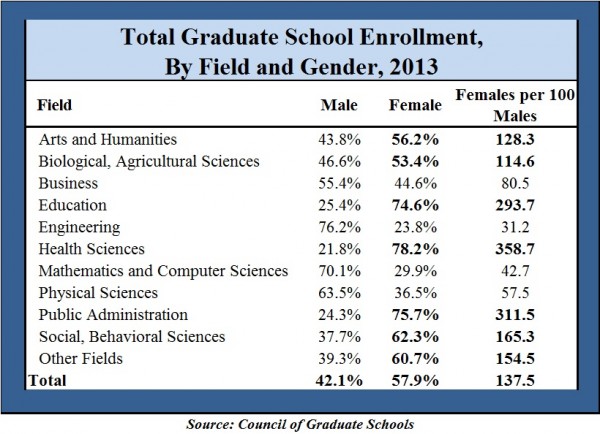
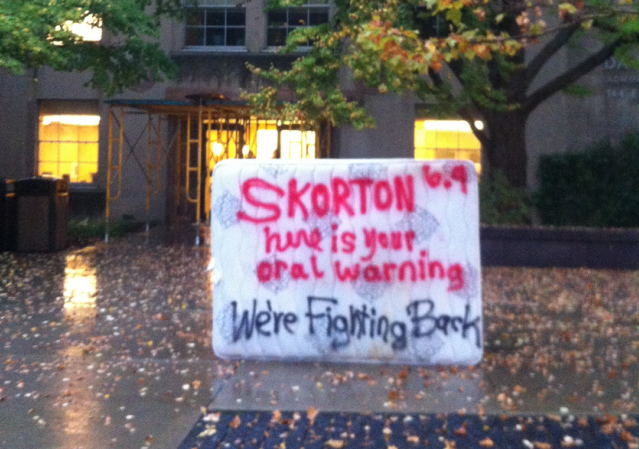



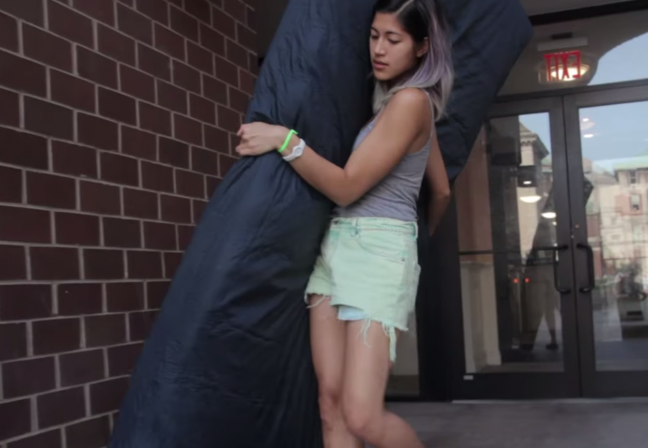
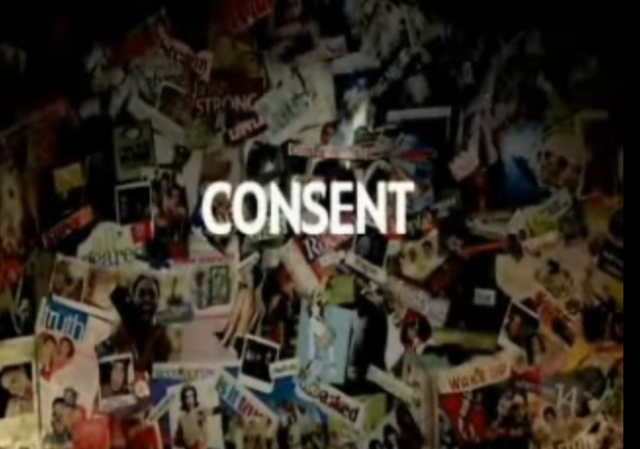
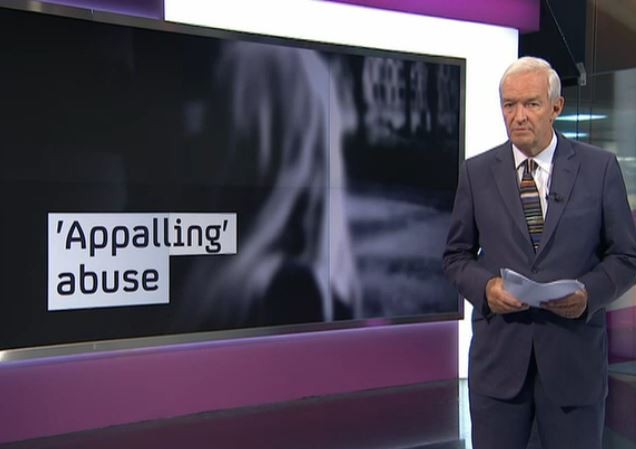

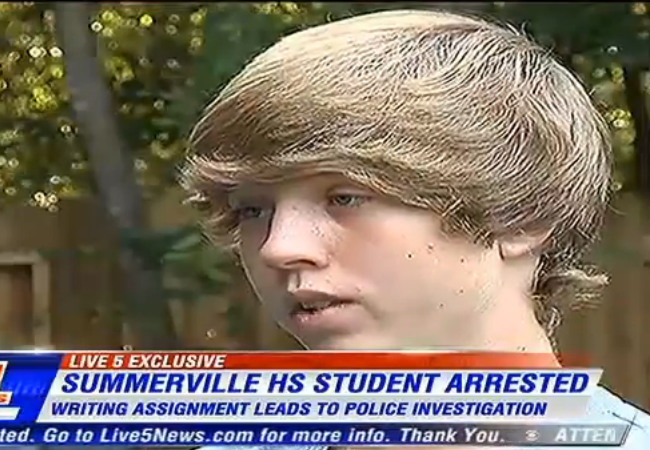
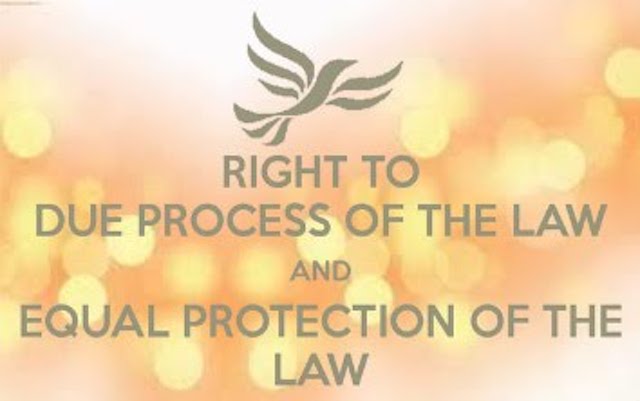
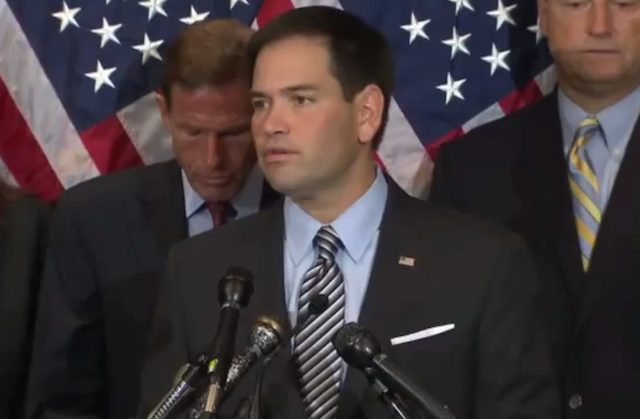

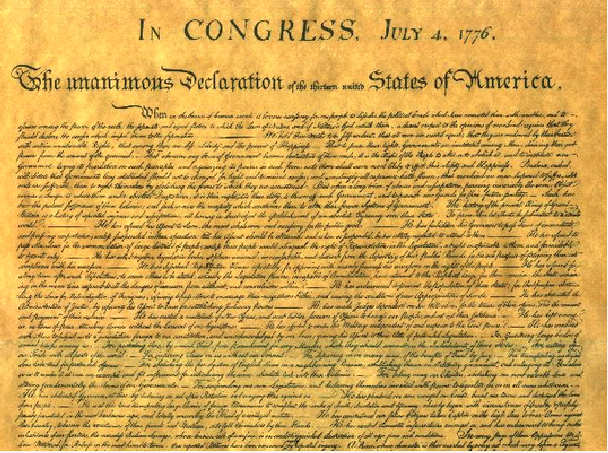

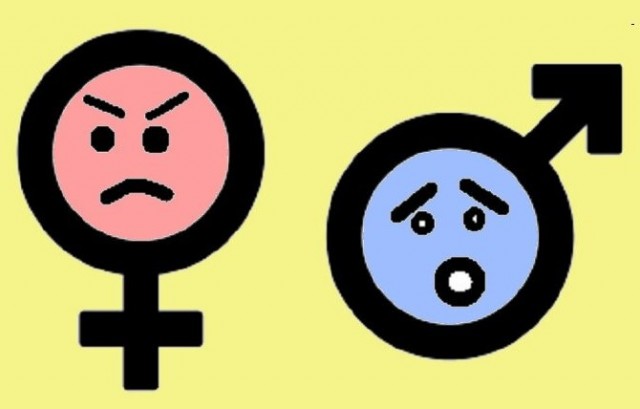
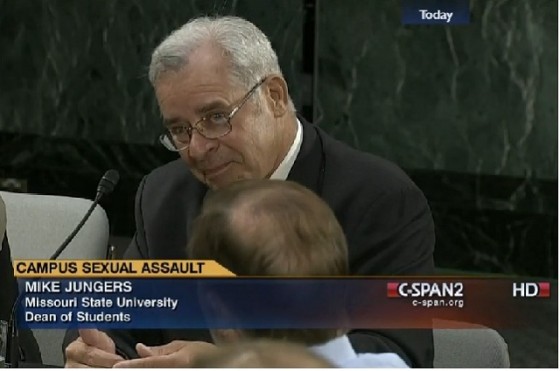 Speaking amongst friendly colleagues last Monday at the third roundtable, Mike Jungers, the dean of students at Missouri State University, made the surprising statement that new investigation procedures of campus sexual assault were resulting in the alleged perpetrators agreeing to be interrogated without obtaining an attorney.
He considered this to be a good thing.
Speaking amongst friendly colleagues last Monday at the third roundtable, Mike Jungers, the dean of students at Missouri State University, made the surprising statement that new investigation procedures of campus sexual assault were resulting in the alleged perpetrators agreeing to be interrogated without obtaining an attorney.
He considered this to be a good thing.
